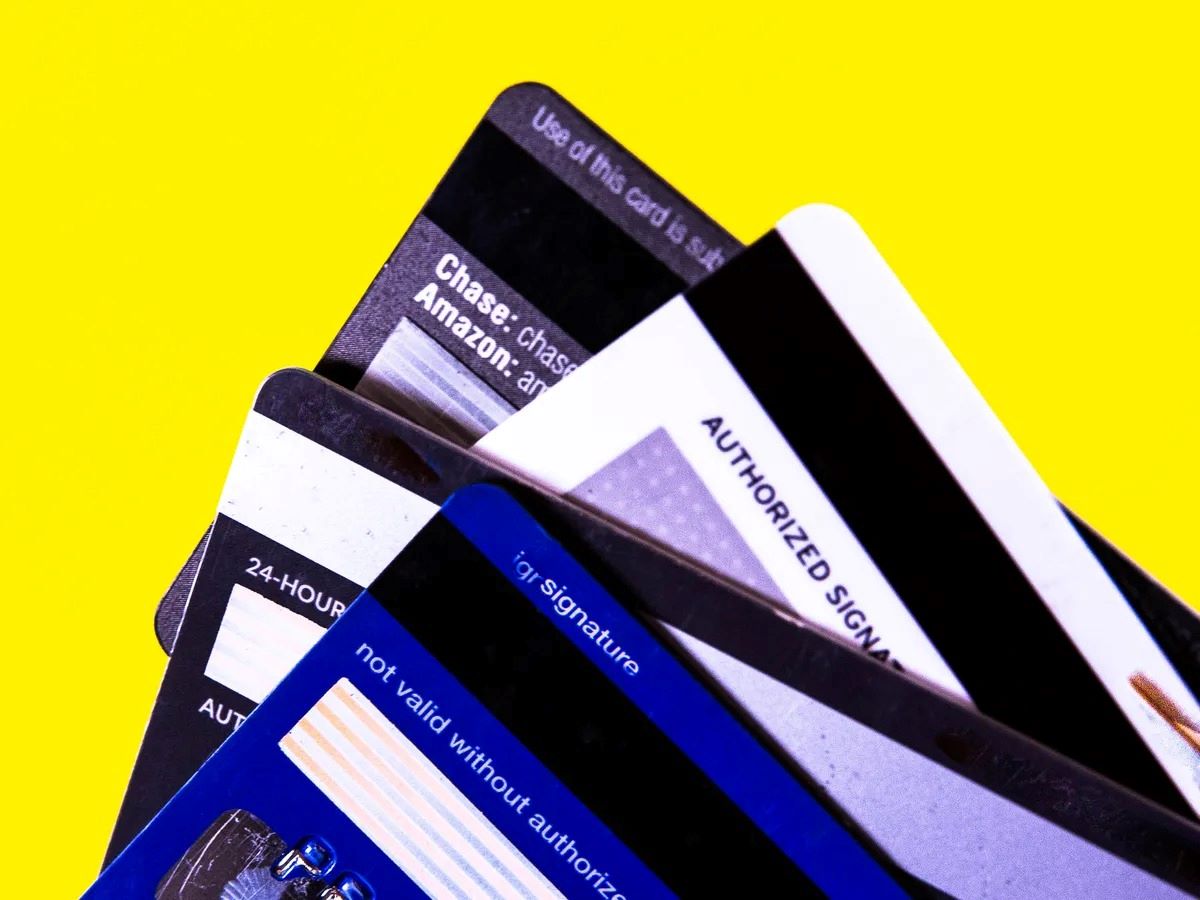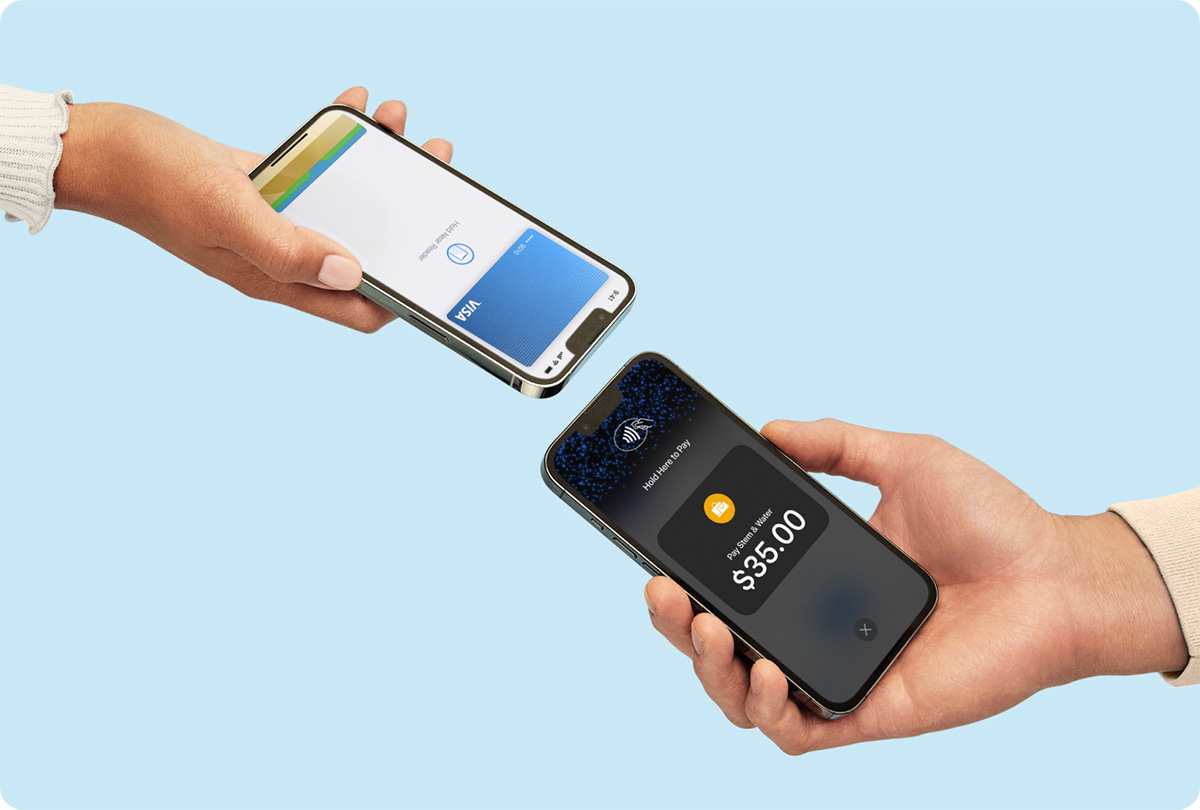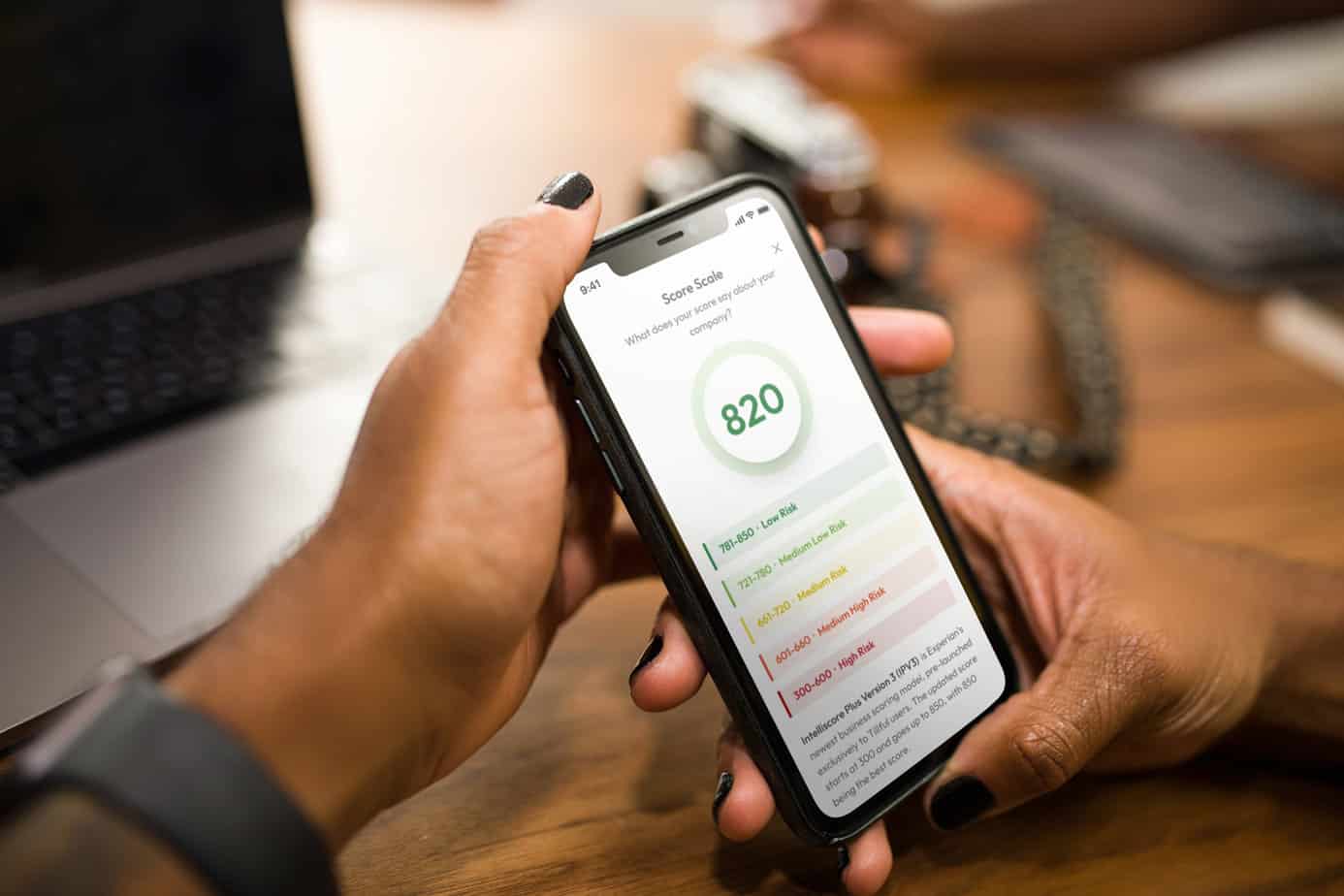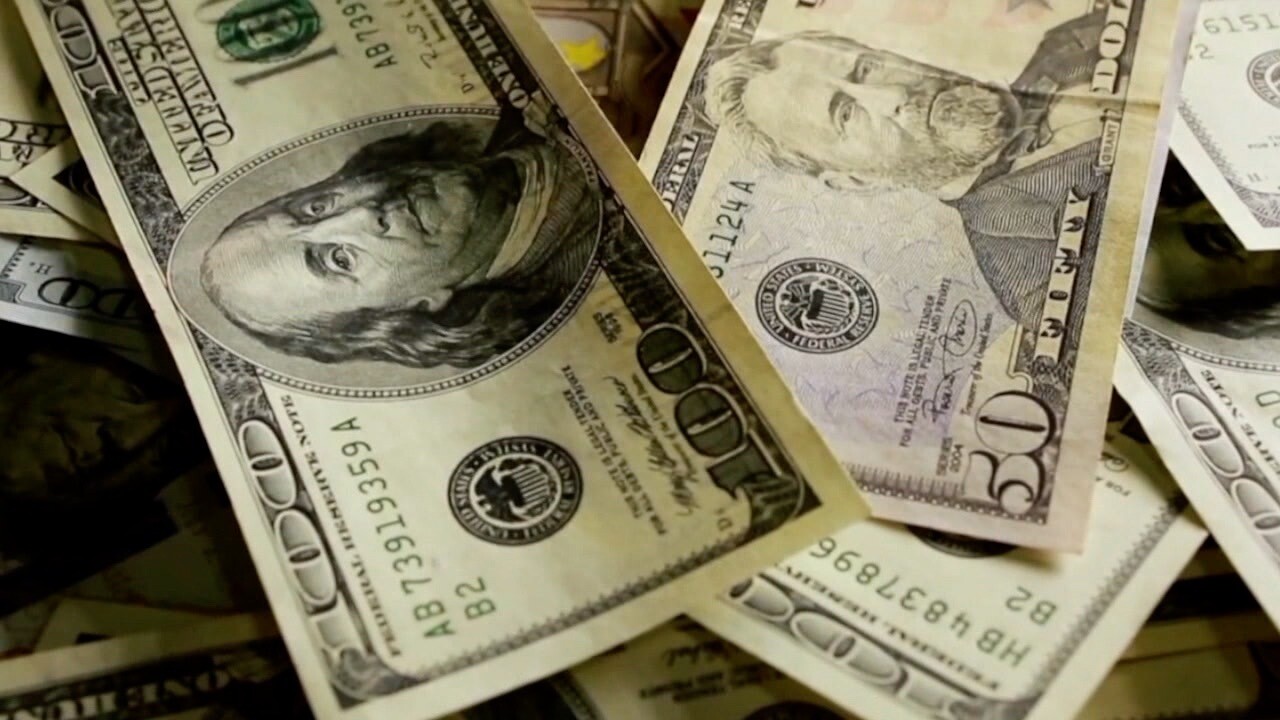

Finance
How Long Do Credit Card Payments Take To Post
Modified: February 21, 2024
Discover how long credit card payments take to post and stay on top of your finances. Get insights on payment processing times and reduce any delays.
(Many of the links in this article redirect to a specific reviewed product. Your purchase of these products through affiliate links helps to generate commission for LiveWell, at no extra cost. Learn more)
Table of Contents
- Introduction
- Understanding Credit Card Payments
- Factors Affecting Credit Card Payment Posting Time
- Processing Time for Credit Card Payments
- Same-Day Credit Card Payments
- Electronic Credit Card Payments vs. Paper Checks
- Payment Posting Time for Different Credit Card Providers
- Tips for Making Timely Credit Card Payments
- Conclusion
Introduction
Credit cards have become an integral part of our financial lives, offering convenience and flexibility for making purchases and managing expenses. When it comes to credit card payments, it’s crucial to understand how long it takes for payments to post to your account. Waiting for your payment to be processed and reflected on your credit card statement can have implications for your credit score, available credit, and even potential late payment fees.
In this article, we will delve into the intricacies of credit card payment processing, including the factors that can affect payment posting time. We will also explore the differences between electronic credit card payments and paper checks, as well as the varying processing times for different credit card providers. Lastly, we will provide some helpful tips on how to ensure your credit card payments are made in a timely manner.
By understanding the nuances of credit card payment processing and taking appropriate actions, you can avoid potential pitfalls and maintain a strong financial standing. So, let’s dive in and find out how long credit card payments typically take to post!
Understanding Credit Card Payments
Before we delve into the specifics of credit card payment posting time, it’s important to have a solid understanding of how credit card payments work. When you make a purchase using your credit card, you essentially borrow money from the credit card issuer to complete the transaction. This creates a balance on your credit card, which needs to be repaid to the issuer.
To repay the balance, you are required to make monthly credit card payments. These payments typically consist of a minimum payment amount or a larger payment if you wish to pay off your entire balance. It’s important to note that paying only the minimum amount can result in interest charges and potentially increasing your overall debt.
When you make a credit card payment, the funds are transferred from your designated payment source, such as your bank account, to the credit card issuer. The payment needs to go through several stages of processing before it is reflected in your credit card account balance. Understanding these stages can give you insights into the timeline for your payment to post to your credit card account.
It’s also worth noting that credit card payments can be made in different ways, including online payments, mobile payments, manual payments at a bank branch, or even by mail with a paper check. Each payment method can have its own processing timeline, which we will explore in more detail later.
Now that we have a general understanding of how credit card payments work, let’s move on to the factors that can affect the time it takes for your credit card payment to be processed and posted to your account.
Factors Affecting Credit Card Payment Posting Time
The time it takes for your credit card payment to be processed and posted to your account can vary based on several factors. Understanding these factors can give you a better idea of what to expect in terms of payment posting time. Here are some key factors to consider:
1. Payment Method: The method you use to make your credit card payment can impact how quickly it is processed. Electronic payments, such as online payments or mobile payments, are usually processed faster than paper check payments, which require manual processing.
2. Cut-Off Time: Credit card issuers typically have a cut-off time for payments to be considered as part of the same business day’s processing. If you make a payment after the cut-off time, it may not be processed until the following business day, thereby delaying the posting of the payment.
3. Weekends and Holidays: Payments made on weekends or national holidays may experience a delay in processing, as these are non-business days for most financial institutions. In such cases, the payment will likely be processed on the next business day.
4. Payment Source Verification: If it is your first time making a payment from a particular source, such as a new bank account, the credit card issuer may require additional verification. This verification process can introduce a delay in payment posting as it ensures the legitimacy and security of the payment source.
5. Technical Issues: Occasionally, technical issues, such as system maintenance or outages, can affect the processing of credit card payments. These issues are typically resolved quickly, but they can cause a temporary delay in payment posting.
6. Payment Amount: Larger payments may require additional verification or review by the credit card issuer, which can add to the processing time. Additionally, if your payment exceeds your credit limit, it may take longer to process as the issuer may need to assess the situation and potentially adjust your credit limit.
It’s important to note that while these factors can impact credit card payment posting time, most credit card issuers strive to process payments as quickly as possible to provide accurate and up-to-date account information to their customers. However, it’s always a good idea to make your credit card payments well in advance of the due date to account for any potential processing delays.
In the next section, we will explore the typical processing timeframes for credit card payments and discuss same-day payment options.
Processing Time for Credit Card Payments
The processing time for credit card payments can vary depending on a variety of factors, but there are general timelines that you can expect. While these timelines can serve as a guideline, it’s essential to check with your specific credit card issuer for their specific processing timeframes. Here are some typical processing timeframes for credit card payments:
1. Online and Mobile Payments: If you make a credit card payment online or through a mobile app, the processing time is usually within 1-2 business days. This timeframe allows for the necessary verification and transfer of funds from your designated payment source to your credit card issuer.
2. Manual Payments at the Bank: If you prefer to make your credit card payment in person at a bank branch, it may take slightly longer to process. The payment will first need to be processed by the bank, which can take 1-3 business days, and then transferred to your credit card issuer for posting. This can add an additional 1-2 business days to the overall processing time.
3. Paper Checks: Payments made by mailing a paper check can take the longest to process. It can typically take 5-7 business days for the check to be received by the credit card issuer, deposited, and posted to your account. To ensure timely processing, it’s crucial to allow for ample mailing time and factor in weekends and holidays.
It’s important to remember that the processing time starts once the credit card issuer receives and acknowledges the payment. It is not uncommon for credit card issuers to process payments on the same day they are received, but there can be delays due to factors mentioned earlier, such as cut-off times or verification procedures.
If you need to make a payment close to the due date and require faster processing, it’s recommended to use electronic payment methods, such as online or mobile payments. These methods are typically the quickest and offer more control over the timing of your payment.
In the next section, we will discuss the availability of same-day credit card payments and the considerations you should be aware of.
Same-Day Credit Card Payments
For those times when you need to make a credit card payment urgently, some credit card issuers offer same-day payment options. These options allow you to make a payment and have it posted to your account on the same day, helping you avoid potential late payment fees or negative impacts on your credit score. Here are a few things to consider about same-day credit card payments:
1. Cut-Off Time: Same-day credit card payments typically have a specific cut-off time, often in the early afternoon. To ensure your payment is processed the same day, you must submit the payment before the cut-off time specified by your credit card issuer.
2. Additional Fees: Some credit card issuers may charge a fee for same-day credit card payments. This fee can vary among issuers, so it’s important to check with your credit card provider to understand if there are any additional costs associated with expedited processing.
3. Available Payment Methods: Same-day credit card payments are usually limited to certain payment methods. Online or mobile payments are often the primary options for same-day processing, as they are typically faster and more efficient than other methods. Manual payments at bank branches or paper checks may not be eligible for same-day processing.
4. Real-Time Payment Systems: Some credit card issuers participate in real-time payment systems, such as Visa Direct or Mastercard Send. These systems enable faster payment processing, as funds are transferred almost instantly between financial institutions. If your credit card issuer participates in such systems, you may have greater chances of making same-day payments.
It’s important to note that the availability of same-day credit card payments may vary depending on your credit card issuer. Therefore, it’s essential to contact your credit card provider directly to inquire about their specific policies and procedures regarding expedited payment processing.
Remember, making a same-day credit card payment can provide peace of mind and help you avoid any potential negative consequences of late or missed payments. However, it’s always advisable to plan ahead and make your payments well before the due date to avoid any last-minute rush or potential delays.
In the next section, we will compare electronic credit card payments to paper checks and discuss their impact on payment posting times.
Electronic Credit Card Payments vs. Paper Checks
When it comes to making credit card payments, you have the option of choosing between electronic payments or using paper checks. Each method has its own benefits and considerations, including the impact on payment posting times. Let’s compare electronic credit card payments to paper checks:
Electronic Credit Card Payments:
Electronic credit card payments, such as online payments or mobile payments, have become increasingly popular due to their convenience and efficiency. Here are some key advantages of electronic credit card payments:
1. Speedy Processing: Electronic payments are typically processed faster than paper checks. The funds are transferred electronically, allowing for quicker verification and posting to your credit card account. In most cases, these payments are processed within 1-2 business days.
2. Immediate Confirmation: With electronic payments, you usually receive immediate confirmation of the payment, either through an email notification or within the online banking interface. This provides peace of mind, knowing that your payment has been successfully processed.
3. Easy and Convenient: Electronic payments can be made from the comfort of your own home or on the go using your mobile device. They offer a hassle-free way to manage your credit card payments without the need for physical checks or going to a bank branch.
Paper Checks:
While less common in the digital age, paper checks can still be used to make credit card payments. Here are a few things to consider when using paper checks:
1. Processing Time: Payments made by paper checks generally take longer to process compared to electronic payments. It can take 5-7 business days for a check to be received by the credit card issuer, deposited, and posted to your account.
2. Mailing Time and Risks: Sending a paper check requires allowing for sufficient mailing time, which can be subject to delays or potential loss in transit. It’s essential to consider the time it takes for the check to reach the credit card issuer and plan accordingly.
3. Manual Processing: Paper checks require manual processing by the credit card issuer. This adds an extra step to the payment processing timeline and can introduce potential delays or errors.
Given the advantages of speed and convenience, electronic credit card payments are generally recommended over paper checks. They offer quicker processing times, immediate confirmation, and eliminate the risks associated with mailing physical checks.
In the next section, we will explore the typical payment posting times for different credit card providers and offer some tips for making timely credit card payments.
Payment Posting Time for Different Credit Card Providers
While the general trends for credit card payment processing times have been discussed, it’s important to note that specific credit card providers may have varied timelines for payment posting. Here is a look at some typical payment posting times for different credit card providers:
1. Bank-Issued Credit Cards: Credit cards issued by banks often have quicker payment posting times. Payments made through online or mobile banking platforms are typically processed within 1-2 business days. However, it’s recommended to check with your specific bank for their payment processing timeline.
2. Store-Branded Credit Cards: Store-branded credit cards, such as those offered by retail chains, may have different payment processing times. In many cases, payments made through the retailer’s online platform or app can be processed within 1-2 business days. However, it’s always advisable to verify the payment posting timeframe with the specific store-branded credit card issuer.
3. Major Credit Card Networks: Credit cards associated with major networks like Visa, Mastercard, American Express, and Discover often have similar payment processing times. Electronic payments made through their respective online platforms or mobile apps are typically processed within 1-2 business days. Again, it is wise to check with the specific credit card issuer for their processing timeline.
It’s important to understand that these are general guidelines, and actual payment posting times may vary from one credit card provider to another. Factors such as specific policies, cut-off times, and technical considerations can influence the processing times for individual credit card issuers.
To gain more insights into the payment posting times for your credit card provider, it’s recommended to review the terms and conditions or contact their customer service department.
In the next section, we will provide some valuable tips for making timely credit card payments and avoiding potential issues.
Tips for Making Timely Credit Card Payments
Ensuring that your credit card payments are made on time is crucial to maintain a positive credit history and avoid late payment fees. Here are some helpful tips to help you make timely credit card payments:
1. Set Up Payment Reminders: Take advantage of payment reminder features offered by your credit card provider, online banking platform, or mobile app. Set up automatic reminders to notify you of upcoming due dates, so you never miss a payment.
2. Create a Payment Schedule: Develop a payment schedule that aligns with your financial situation. Note down all your credit card payment due dates and plan when to make each payment to ensure they are submitted well in advance of the due date.
3. Sign Up for Auto-Pay: Consider enrolling in automatic bill payment services provided by your credit card issuer or online banking platform. With auto-pay, your payments will be deducted from your designated bank account automatically, ensuring on-time payments without the need for manual intervention.
4. Consider Early Payments: Making credit card payments before the due date can provide an additional safety net, allowing for any potential delays in processing or unexpected issues that may arise. Aim to make your payments a few days before the due date to account for any unforeseen circumstances.
5. Use Electronic Payment Methods: Opt for electronic payment methods, such as online payments or mobile payments, whenever possible. These methods offer faster processing times compared to mailing paper checks and provide immediate confirmation of payment.
6. Monitor Your Account: Regularly monitor your credit card account to ensure that your payments have been processed and posted correctly. You can do this by reviewing your online account statement or checking your monthly credit card statement.
7. Avoid Overdue Payments: Late payments can result in late payment fees and have a negative impact on your credit score. Try to avoid late payments by prioritizing your credit card payments and budgeting accordingly.
8. Contact Customer Service for Assistance: If you encounter any issues or have concerns about your credit card payments, don’t hesitate to reach out to your credit card provider’s customer service. They can provide guidance and help resolve any payment-related queries.
By following these tips, you can stay on top of your credit card payments and ensure they are made in a timely manner. This will help you maintain a good credit rating, avoid penalties, and keep your financial standing strong.
In the next section, we will conclude our discussion on credit card payment posting times and summarize the key points covered in this article.
Conclusion
Understanding how long credit card payments take to post is essential for managing your finances effectively and avoiding any potential issues. While the specific processing times can vary depending on factors such as payment method, cut-off times, and individual credit card providers, there are general guidelines to keep in mind.
Electronic credit card payments, such as online or mobile payments, typically have faster processing times compared to paper checks. Payments made through these methods are usually processed within 1-2 business days. However, it’s important to account for potential delays due to weekends, holidays, and verification processes.
It’s also worth noting that some credit card providers offer same-day payment options, allowing you to make urgent payments and have them posted to your account on the same day. However, these options may come with additional fees and specific cut-off times.
To ensure timely credit card payments, it’s advisable to set up payment reminders, create a payment schedule, and consider enrolling in auto-pay services. Using electronic payment methods, monitoring your account regularly, and avoiding overdue payments are also crucial steps to maintain a positive credit history.
Remember to check with your specific credit card provider for their payment processing timelines and any additional policies or fees that may apply. By following these tips and staying informed, you can make timely credit card payments, avoid late fees, and maintain a healthy credit profile.
In conclusion, understanding the factors affecting payment processing times, choosing the right payment method, and being proactive in managing your credit card payments are key to financial success. By staying on top of your payments, you can effectively manage your credit utilization and maintain a positive credit standing.














